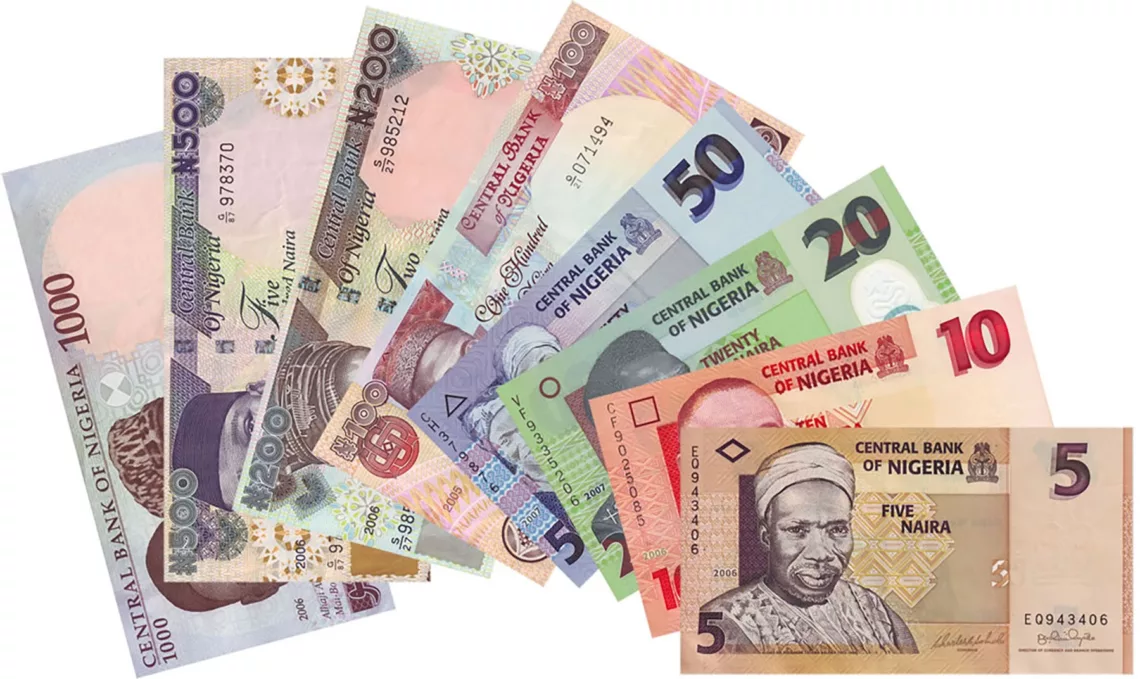The Central Bank of Nigeria (CBN) last week announced that it will be redesigning the N200, N500 and N1000 naira notes and would be culling over N3.2 trillion of the current notes from circulation. The recalling of old notes is expected to commence immediately and the disbursement of new notes to commence on December 15, 2022.
The process of swapping old notes for new notes is expected to run till January 31, 2023 when the old notes will cease to be legal tender. According to the CBN, new designs of the N200, N500 and N1,000 will be introduced and circulated within this period.
However, social media has be rife with several fake news such as the introduction of N2,00 and N5,000 notes, whilst many are still in the dark on how the process will be carried out. Here are some things that the public should know about the CBN policy on redesigning of the naira.
Whilst Nigerians are enjoined to begin to deposit their naira notes into their account, it should be noted that there will be no currency exchange, whereby one can swap an old note for the new one even within the 47-day time span before the old notes are phased out.
Thus, all old N200, N500 and N1,000 notes must be deposited into an existing or new bank account on or before January 31, 2023. Bank customers can only get the new naira notes whin they make withdrawal from their bank accounts.
In line with the directive of the CBN governor, Godwin Emefiele, there will be no limit on how much can be deposited. This means that customers can make deposits of large sums without being subjected to the charges as stipulated in the cash-less policy guideline
This waiver of charges on exceeding cash deposit limits, will however expire on January 31, when the old notes will no longer be legal tender. The charges waived does not include normal transactional charges such as transfer charges, stamp duty or account maintenance charge amongst others.
Discussing the pros and cons of the redesigning of the naira, Senior Analyst at Parthian Partners Limited, Gafar Bashiru, said it will to an extent, help reduce counterfeit currency in circulation and might help bring in some of the 85 per cent of the currency in circulation into the vaults of commercial banks.
He furthered that it may also temporarily help curb some corrupt practices by providing accountability, as customers must deposit their cash into their accounts before getting the new currency, whilst helping the federal government identify tax evaders and increase the federal government’s tax revenue generation.
However, he said a major downside to the redesigning of the note is the high cost of printing the new currencies given Nigeria’s existing debt profile. Asides this, he said it “might fuel demand for foreign exchange as a store of value given the unpredictable nature of policy makers.”
As the old notes would no longer be legal tender after January 31, 2023, Bashiru noted that the unexpected move could increase the level of money laundering. As against the desire of the CBN to use the redesigning to curb inflation in the country, he said it could spur an “increase the level of inflation (Demand pull) as individuals that cannot account for large sums of cash might start to buy properties and fixed assets thereby creating artificial demand.
“It can lead to cash shortage if not managed properly. While we acknowledge the benefits of the policy to change some of the currencies in circulation, we also highlight the need for the apex bank to adopt policies that would strengthen the naira.
“Since the apex bank halted the sale of Dollars to bureau de change (BDC) operators in 2021, the Naira has lost more than 30 of its value. Examining the “benefits to cost” of this new policy, we think that the costs outweighs the benefits and might continue to drive the naira in a downward trajectory.”





